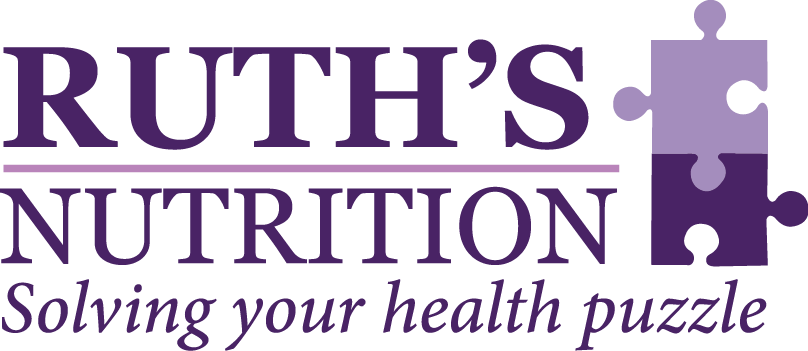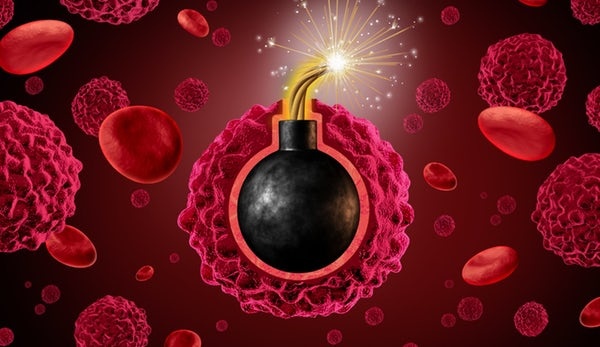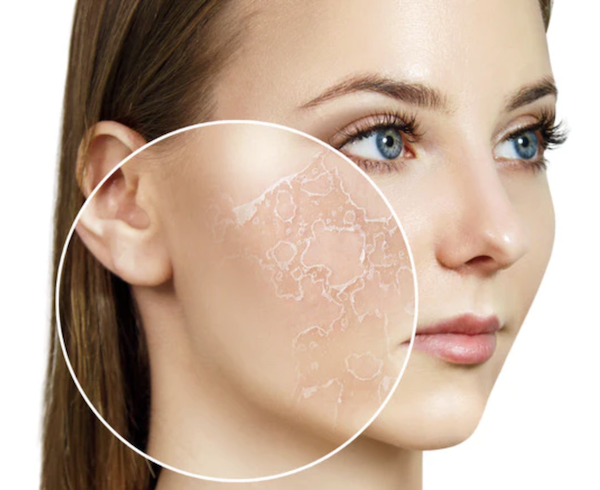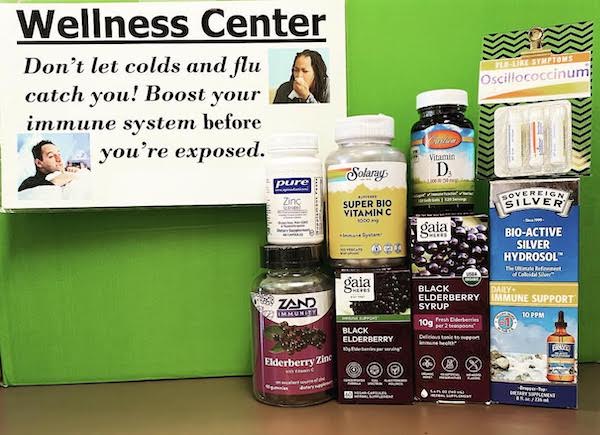Tips from a naturopathic oncologist
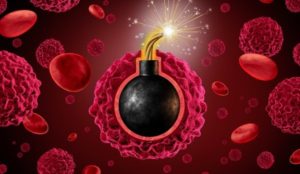 By Sue Cummings
By Sue Cummings
I recently attended my annual Medicines from the Earth conference in Black Mountain, N.C., and I’ve got a lot of information to share. I’ll start with Lisa Alschuler, a naturopathic doctor board certified in naturopathic oncology, who presented several enlightening talks on cancer.
By 2030 1 in 3 Americans will have a diagnosis of cancer. Most cancer starts years before it is found; breast cancer typically starts 20-30 years before diagnosis. That means there’s a lot of time to prevent or improve the tissue states in which cancer grows.
Some key points from Dr. Alschuler’s lectures:
- Breast cancer loves carbohydrates. Dr. Alschuler recommends a plant-based Mediterranean diet with very little processed food. In estrogen-sensitive cancers, increasing soluble fiber up to 25 grams a day can help remove excess estrogen.
- Keep blood sugar/insulin levels in check. Breast tissue is very sensitive to insulin, and insulin causes cells to divide.
- 1 of every 5 breast cancer diagnosis is caused by obesity. Obesity increases inflammation, and chronic inflammation increases risks of cancer.
- 1 in 5 cancers have inflammation as a cause.
- Being sedentary accounts for 1 in every 10 breast cancer diagnoses. Exercise helps reduce inflammation.
- Exercise 30 minutes, 5 days a week at a moderately brisk pace to reduce cancer risk. More is even better.
- Remove endocrine disruptors from your cosmetics, skin care, household cleaners, etc. (These include: BPA from food can liners and receipt tapes; phalates in perfumes, fragrances & skin care products; perfluorinated chemicals (PFCs) found in non-stick cookware; and more.)
- Optimal vitamin D levels reduce breast cancer risk. You want a serum 24(OH)D greater than 60 ng/ml.
Most cancers appear in people 40 and older; simply aging increases cancer risk. It does so because of several factors that often occur with aging:
- Our microbiome diversity tends to decrease as we age. That can lead to a leaky gut, which causes inflammation. You can combat that trend by eating fermented foods, fiber and taking probiotics.
- Insulin resistance increases as we age, and insulin is a growth factor for all cancers. You can combat that by keeping a tight control on blood sugars and exercising regularly.
- Low oxygen in the tissue (hypoxia) increases your risk for cancer. Practice deep breathing and exercise regularly.
Dr. Alschuler also suggested several supplements that can be helpful:
- “Chemo brain” starts with the oxidative stress of cancer, long before chemo treatment begins. She suggests the mushroom Lion’s Mane, 1 gram twice daily. “Lion’s Mane improves cognition in the elderly. Period,” she said.
- Acetyl L-Carnitine improves cognition in the elderly. She recommends 2 grams daily.
- L-Theanine increases salience, that is it helps the brain focus and screen out extraneous input. She recommends 200-400 mg daily.
- Resveratrol improves hippocampal function, the part of the brain where you remember words. She recommends 200 mg. daily.
Many studies have been done on curcumin from turmeric being beneficial in cancer prevention and treatment. Curcumin, however, is difficult to absorb. Products come in three main formulations aiming to improve absorption. Dr. Alschuler did not specify a preference for any of the supplements but did give dosage recommendations for each, whichever you choose.
- Meriva – this is curcumin with a phospholipid coat. It bypasses the liver. She recommends 1,000-1,500 mg twice daily.
- Theracurmin – this is curcumin broken down into tiny particles. She recommends 300-600 mg daily.
- BCM-95 – this is curcumin surrounded by essential oils of turmeric. She recommends 750 mg twice daily.
- IN ADDITION, Dr. Alschuler recommended adding a whole turmeric, such as from Gaia Herbs, because it contains beneficial curcuminoids not found in the isolated curcumin products.
Lise Alschuler is a naturopathic doctor with board certification in naturopathic oncology and has been practicing since 1994. She graduated from Brown University with an undergraduate degree in Medical Anthropology and received a doctoral degree in naturopathic medicine from Bastyr University. Dr. Alschuler is past-President of the American Association of Naturopathic Physicians and a founding board member and current immediate past-President of the Oncology Association of Naturopathic Physicians. Dr. Alschuler is the co-author of The Definitive Guide to Cancer and The Definitive Guide to Thriving After Cancer. She co-created the I thrive plan (see below) for cancer survivors.
FOR MORE INFO:
